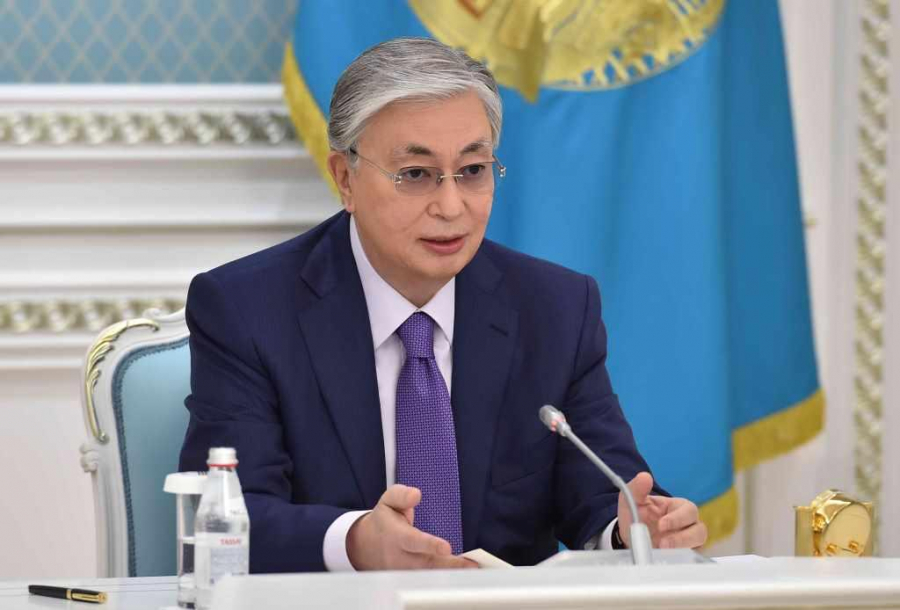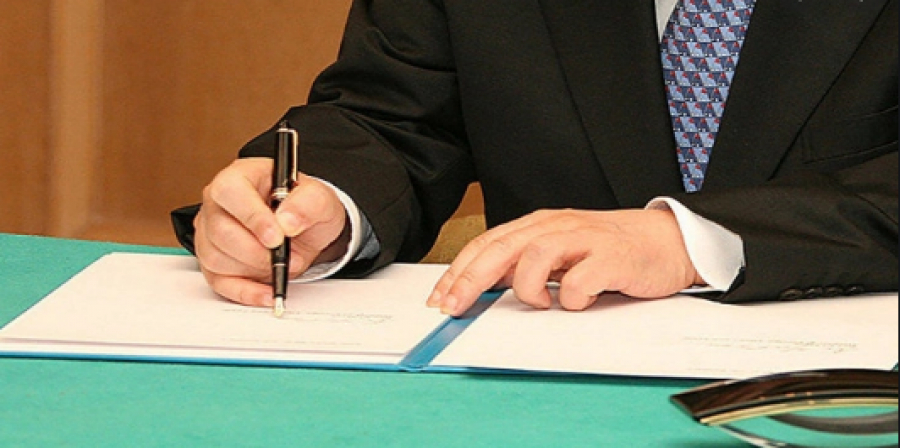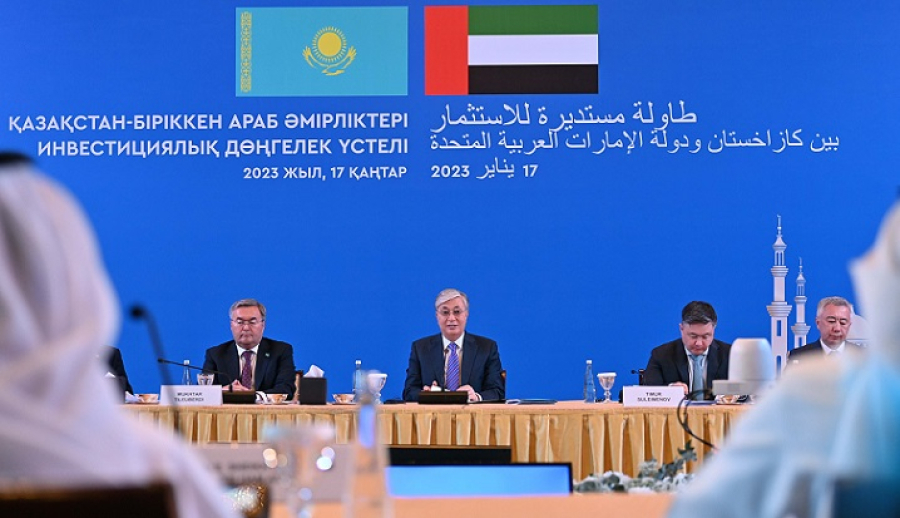
Trade turnover between Kazakhstan and the SCO countries could increase by a third due to e-commerce, according to analysts. Simplifying customs procedures plays a crucial role in boosting revenues from online sales. Kazakhstan has urged the SCO member states to prioritize this, including during its chairmanship of the Organization. The country also noted the importance of accelerating the transfer of SCO economies to new levels of technological development and digitalizing business processes. Transitioning paperwork to e-formats will expedite trade procedures and increase export revenue.
«We have developed two initiatives. The
first focuses on developing foreign trade platforms, and the second involves
streamlining external trade procedures. Kazakhstan serves as a transit hub for
transport corridors linking China to Europe and vice versa. Thus, optimizing
these procedures in foreign trade is crucial for countries that lack direct
access to the sea in this part of Asia. For Kazakhstan, the advantage lies in the
effective use of these trade corridors to smoothly deliver domestic goods to
international markets,» said Nurlan Kulbatyrov, First Deputy CEO of the
QazTrade Center for Trade Policy Development.
Last year, Kazakhstan exported $30 billion
worth of goods to the SCO markets. The main export items include oil,
copper, iron, uranium, steel, gold, natural gas, and grain. Besides raw
materials, Kazakhstan supplies processed products as well.
«Kazakhstan is set to export both raw materials
and processed products. In particular, there are plans to export
processed agricultural products. The issue of food security is significant for
many countries, including SCO member states. Therefore, exports will include
not just wheat, but also vegetable oil. Overall, there is a growing demand in
international markets for finished processed products,» Kulbatyrov added.
It bears noting that the share of the SCO
member states in Kazakhstan’s agricultural turnover amounts to 67 percent. In
general, mutual trade between the SCO countries reached $66 billion last year.









